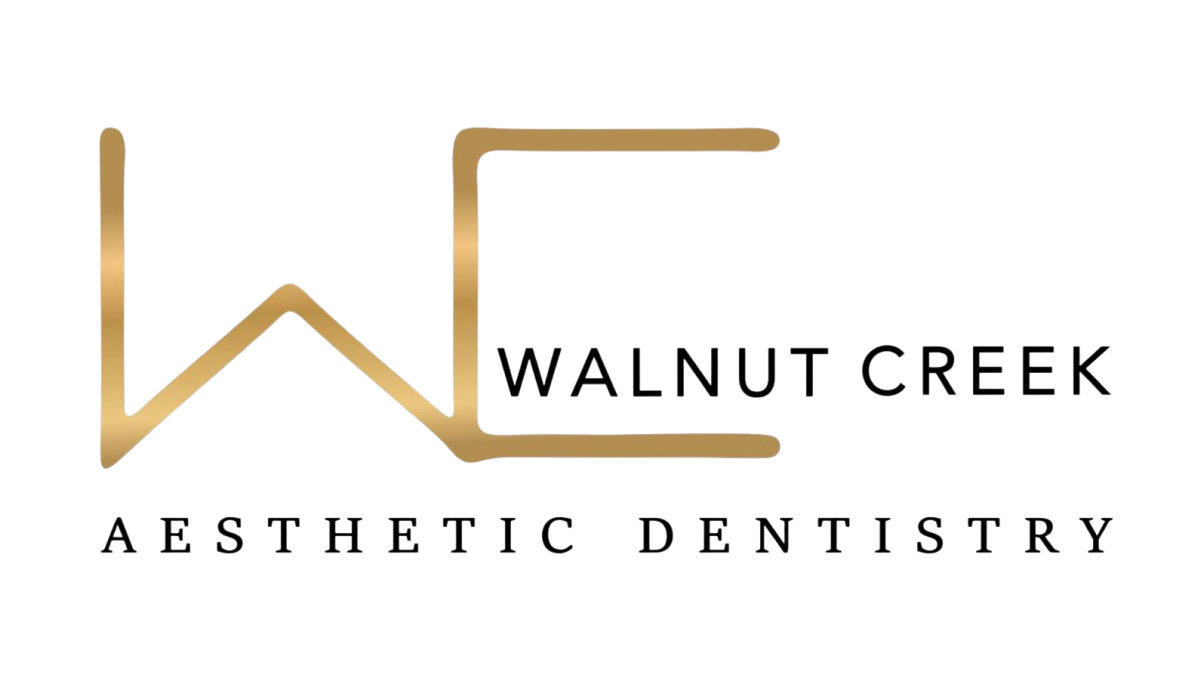
Know the Signs and Find Relief from Jaw Pain
It’s hard to ignore a persistent ache in your jaw. Maybe you notice clicking sounds when you chew, or sometimes, your jaw locks up, making it hard to open your mouth. These symptoms could be signs of something more than just a bad habit or a random discomfort. If you’ve been dealing with pain or discomfort in the jaw area, you might be wondering, Do I have TMJ?
At Walnut Creek Aesthetic Dentistry, we understand how uncomfortable and frustrating TMJ (temporomandibular joint) disorders can be. The good news is that you're not alone. TMJ disorders affect millions of people, and the right diagnosis and treatment plan can help you find relief. But first, let’s dive into what TMJ is, its causes, symptoms, and how you can start feeling better today.
What Is TMJ?
TMJ refers to the temporomandibular joint, which connects your jawbone to your skull. It’s responsible for movements like chewing, speaking, and even swallowing. The muscles and joints involved can become irritated or inflamed, causing what’s known as a TMJ disorder. This can result in pain, difficulty moving the jaw, and a range of other uncomfortable symptoms.
TMJ disorders are often linked to factors such as stress, jaw misalignment, injury, or teeth grinding. The good news is that with the right treatment, the majority of people with TMJ can find relief and improve their quality of life.
Common Signs of TMJ
- Jaw pain or tenderness, especially near the ear
- Difficulty chewing or discomfort while eating
- Clicking or popping sounds when opening or closing your mouth
- A feeling of “locked” jaw, where it becomes difficult to fully open or close your mouth
- Frequent headaches or migraines that seem to be linked to jaw tension
- Neck or shoulder pain, which can be related to the muscle strain around the jaw
- Tinnitus (ringing in the ears), which may accompany TMJ issues
Causes of TMJ Disorders
- Teeth Grinding (Bruxism): Many people grind their teeth, especially during sleep, which puts unnecessary pressure on the jaw joints. This repetitive motion can lead to inflammation or injury over time.
- Jaw Injury: An injury to the jaw or head can damage the TMJ and its surrounding muscles, leading to pain and dysfunction.
- Misalignment of the Teeth or Jaw (Malocclusion): If your teeth don’t align properly, it can strain the TMJ, causing discomfort or pain during regular movements like chewing.
- Arthritis: Osteoarthritis or rheumatoid arthritis can affect the temporomandibular joint, leading to chronic pain and inflammation.
- Stress: Emotional or physical stress can lead to increased muscle tension, including jaw clenching or teeth grinding, which can worsen TMJ symptoms.
How is TMJ diagnosed?
- Physical Examination: Your dentist will feel around your jaw, head, and neck to check for signs of pain, swelling, or discomfort.
- Dental X-rays or Imaging: In some cases, your dentist might use X-rays or an MRI to take a closer look at your TMJ and the surrounding structures to rule out other potential issues.
Treatment Options for TMJ
- Custom Mouthguards or Splints: One of the first lines of defense is using a custom-designed mouthguard, especially if you grind your teeth at night. These devices help to alleviate pressure on the jaw and reduce pain.
- Physical Therapy: If you have muscle tension or misalignment contributing to your TMJ, physical therapy can help. A trained therapist will guide you through exercises designed to strengthen and relax the muscles around the jaw.
- Medications: Over-the-counter pain relief medications, like ibuprofen, can help manage the discomfort associated with TMJ. In more severe cases, muscle relaxants or anti-inflammatory drugs might be prescribed.
- Injections: For long-term pain relief, your dentist may recommend corticosteroid or Botox injections to reduce inflammation and relax the jaw muscles.
Prevention Tips for TMJ Relief
- Manage Stress: Practice relaxation techniques such as meditation or deep breathing exercises to reduce jaw clenching caused by stress.
- Avoid Chewing on Hard Objects: Avoid chewing on pens, ice, or other hard objects that could put unnecessary strain on your jaw.
- Maintain Good Posture: Poor posture, especially when sitting or standing for long periods, can contribute to muscle tension in the neck and jaw.


